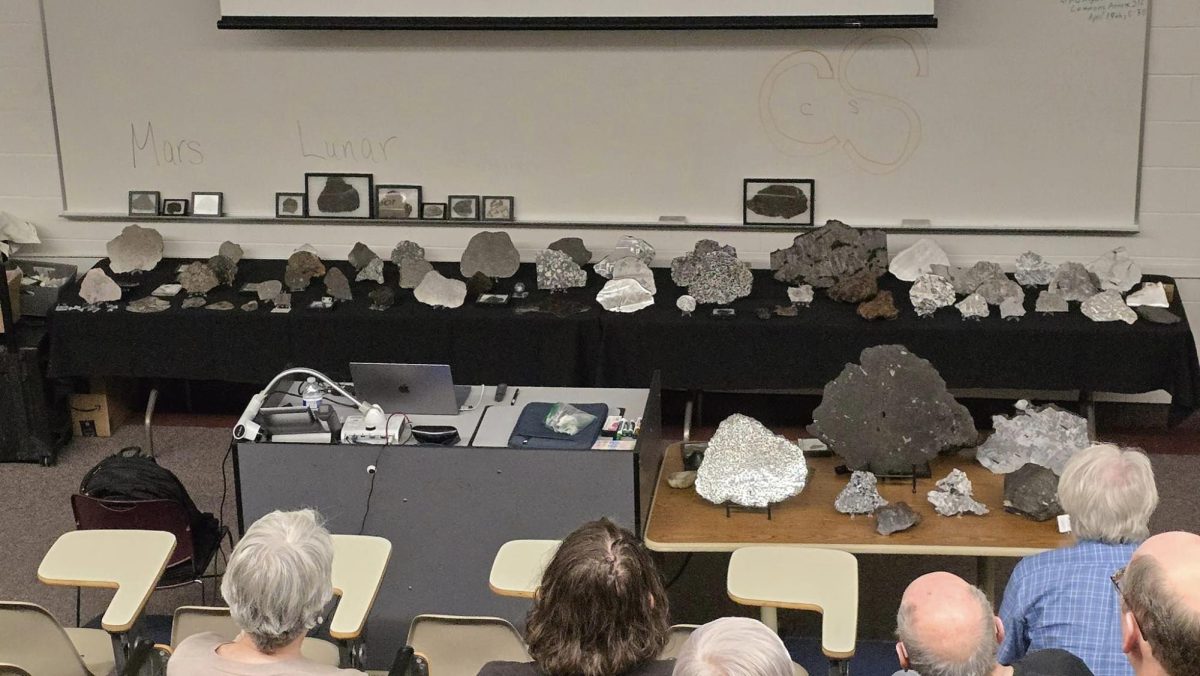On Nov. 5, the Indian government launched its first mission to the fourth planet from the sun. It hopes to both consolidate its scientific progress over the past few decades and leap ahead of regional rival China’s formidable space program. Though the launch has been the occasion of considerable international attention and media reporting, questions have been raised as to whether the country, which has high rates of poverty and malnutrition, should be prioritizing space research over more basic social spending.
Only three other space agencies (the United States, Russia and the European space program) have managed to drive probes into Martian orbit. This mission, therefore, is a suitably ambitious one for a nation with a rapidly growing economy and expanding international designs. “I think the mission really brings India to the table of international space exploration. Interplanetary exploration is certainly not trivial to do, and [India] has found some interesting scientific niches to make some measurements in,” said professor Andrew Coates, who works at the Mullard Space Science Laboratory, to BBC News.
Others, however, say that, despite this being an important scientific achievement, the mission’s $72 million budget is unjustified given the dire state of much of the country. Catherine A. Travwick, writing for “Foreign Policy,” noted that, “Though the nation has made a valiant effort to recast itself as a pioneer of space exploration in recent years, it can’t seem to get around criticisms of how it spends the money.”
The prime minister of the country, Manmohan Singh, offered a defense: “Questions are sometimes asked about whether a poor country like India can afford a space program, and whether the funds spent on space exploration, albeit modest, could be better utilized elsewhere. This misses the point that a nation’s state of development is finally a product of its technological prowess.” The answer to skeptics from Indian officials tends to focus on the unintended benefits of scientific research and technological development. At the same time, skeptics have called out the program as mere geopolitical theatre — an impressive show for the Chinese.
India’s craft, known as the Mars Orbiter Mission (MOM), will be looking for methane traces in the upper reaches of the Martian atmosphere. According to the BBC report, NASA’s Curiosity rover, which successfully landed on the surface of the planet last August, did not detect any methane in the air. However, the mission is still searching for evidence of so-called methane “plumes” that might exist higher up.
After a slight engine failure that caused a hitch in the project, the craft has made its first burn of the six needed to reach Mars. The craft was placed in an elliptical orbit after liftoff, and the purpose of the burns, according to a later BBC report, is “to maneuver the MOM into a so-called hyperbolic trajectory so that the probe escapes Earth’s sphere of influence.” Since the craft appears to be in excellent health so far, India’s hopes of achieving what no other nation has — successfully traveling to Mars on the first try — remain intact.






